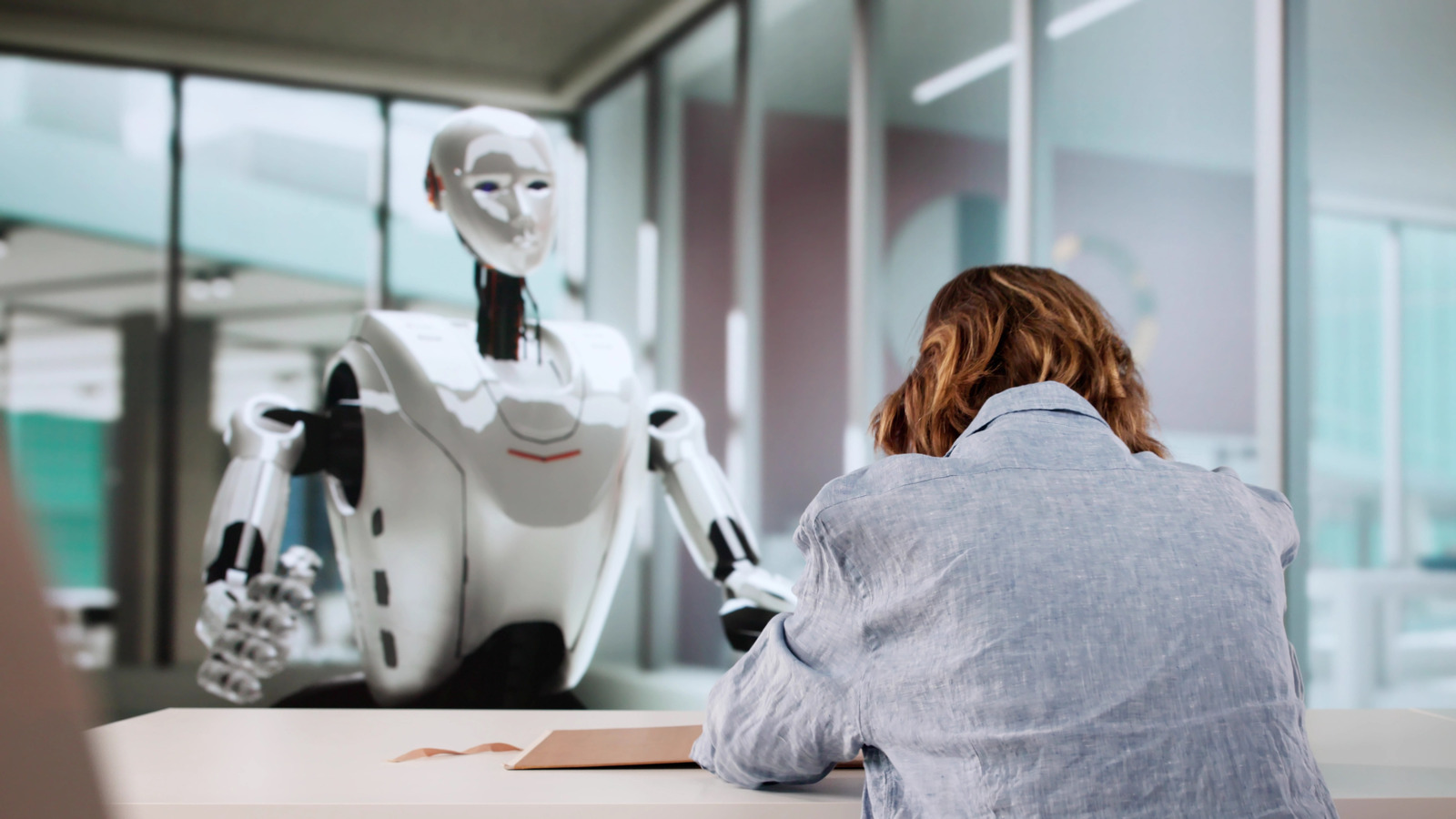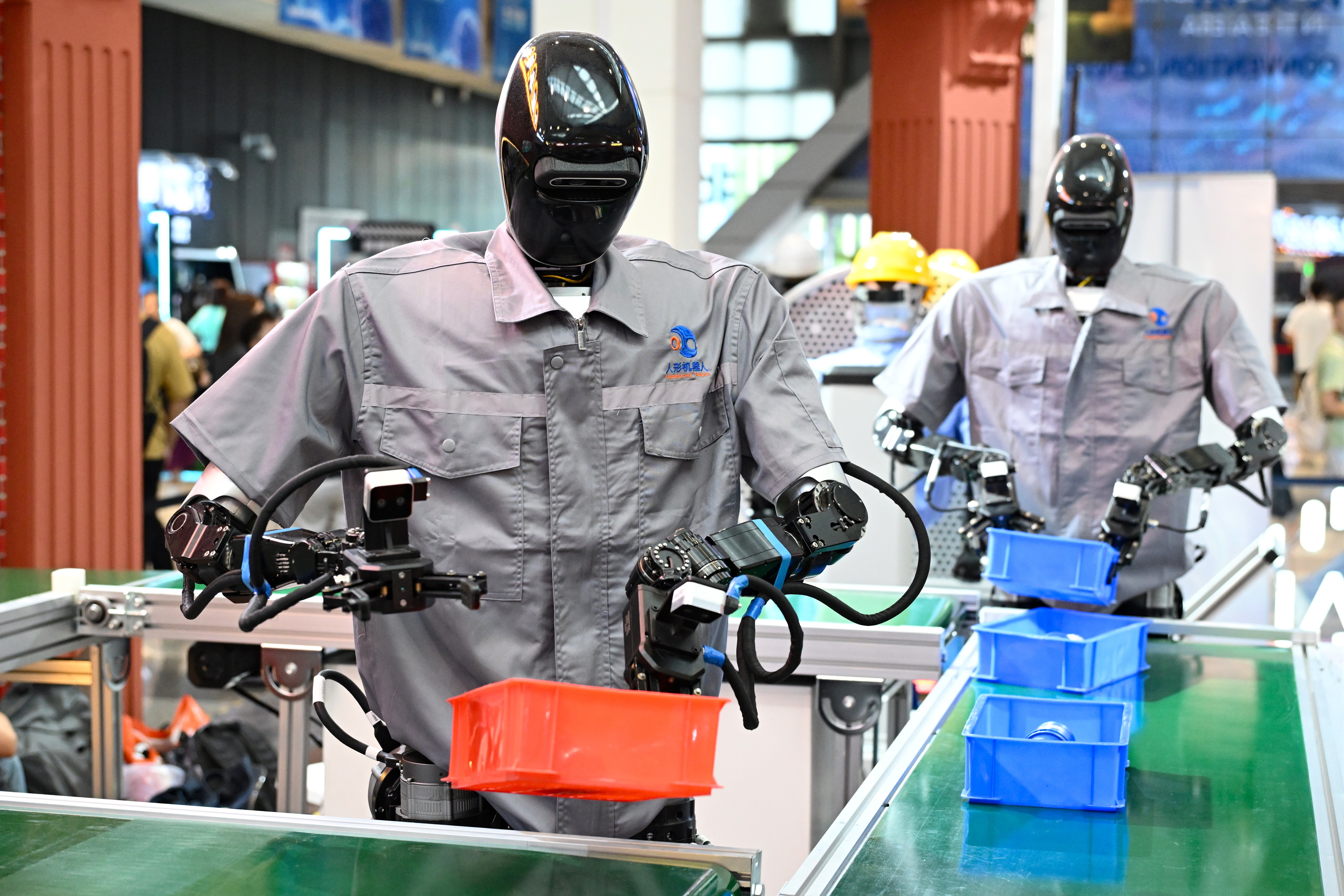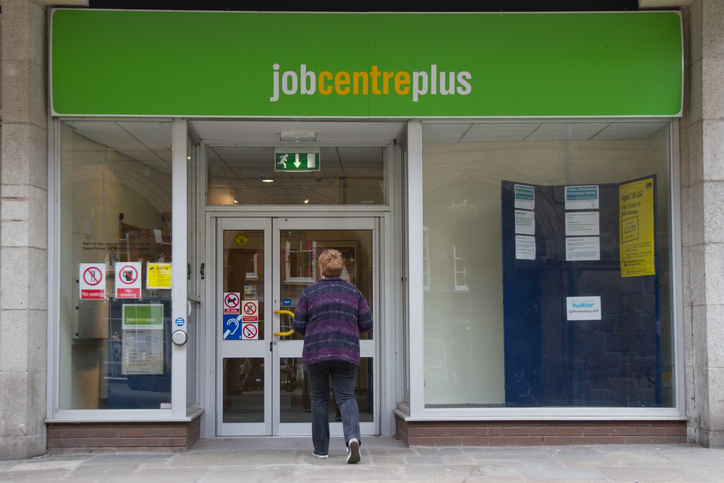T4K3.news
AI threatens teaching and many other jobs
A report reveals that even teaching roles may not be secure as AI advancements progress.

A new Microsoft report highlights the jobs at risk from AI, including roles in education.
AI threatens teaching jobs among other professions
A recent report by Microsoft researchers outlines the professions most threatened by artificial intelligence, revealing even teaching jobs could be affected. As companies like Amazon embrace AI to cut costs, workers are left wondering about their future. The report identifies translators, writers, and even teachers as roles with a high susceptibility to AI technology. Customer service positions—accounting for around 5 million jobs in the U.S.—also top the list of vulnerable occupations. While certain jobs like bridge tenders and water treatment operators remain safe, the trend indicates that knowledge-centric roles may soon face challenges from AI-enhanced competition. Notably, the report emphasizes that having a degree does not provide the defense it once did against automation, as many of the affected jobs require higher education qualifications. Surprisingly, the healthcare sector emerges as a growing field, expected to create new employment opportunities despite the rise of AI in other areas. The findings serve as a warning to those viewing education as a stable career path in uncertain employment times.
Key Takeaways
"Every job will be affected, and immediately. It is unquestionable."
This quote from Nvidia CEO Jensen Huang emphasizes the widespread impact of AI on all job sectors.
"Our measurement is purely about LLMs: other applications of AI could certainly affect occupations."
This statement highlights the need to consider various AI technologies beyond generative AI.
"In terms of education requirements, we find higher AI applicability for occupations requiring a Bachelor’s degree."
The researchers indicate that more educated jobs may not be safe from AI disruptions.
The implications of this report are striking. As AI continues to evolve, even traditionally stable careers like education are not immune to disruption. High applicability scores for jobs requiring a degree signal a shift in how educational achievement is viewed in the job market. The recognition that nearly all professions will be influenced by AI encourages a broader examination of how individuals might need to adapt their skills. Furthermore, with the healthcare sector projected to grow, it raises further questions about future job security across industries. As AI technology progresses, individuals must seek new roles or enhance their existing skills to remain competitive in a changing landscape.
Highlights
- Every job will be affected by AI in some way.
- Having a degree is no longer a safeguard against job loss.
- AI's reach extends to nearly every profession today.
- The healthcare sector offers hope amid rising AI risks.
Concerns about job security due to AI advancements
As AI technology evolves, a range of professions, including teaching, may face significant job losses, raising concerns for students and educators alike.
As AI continues to advance, a reevaluation of career paths may be essential for job security.
Enjoyed this? Let your friends know!
Related News

AI threatens white-collar jobs in the UK

Microsoft highlights jobs at risk from AI
Gen Z graduate struggles amid job hunt and student debt

Microsoft identifies jobs most threatened by AI

New AI tools enhance creative workflows

Documentary Investigates Iconic Vietnam Photo Controversy

Sam Altman warns AI may eliminate jobs in customer service

UK universities facing over 20,000 job cuts
